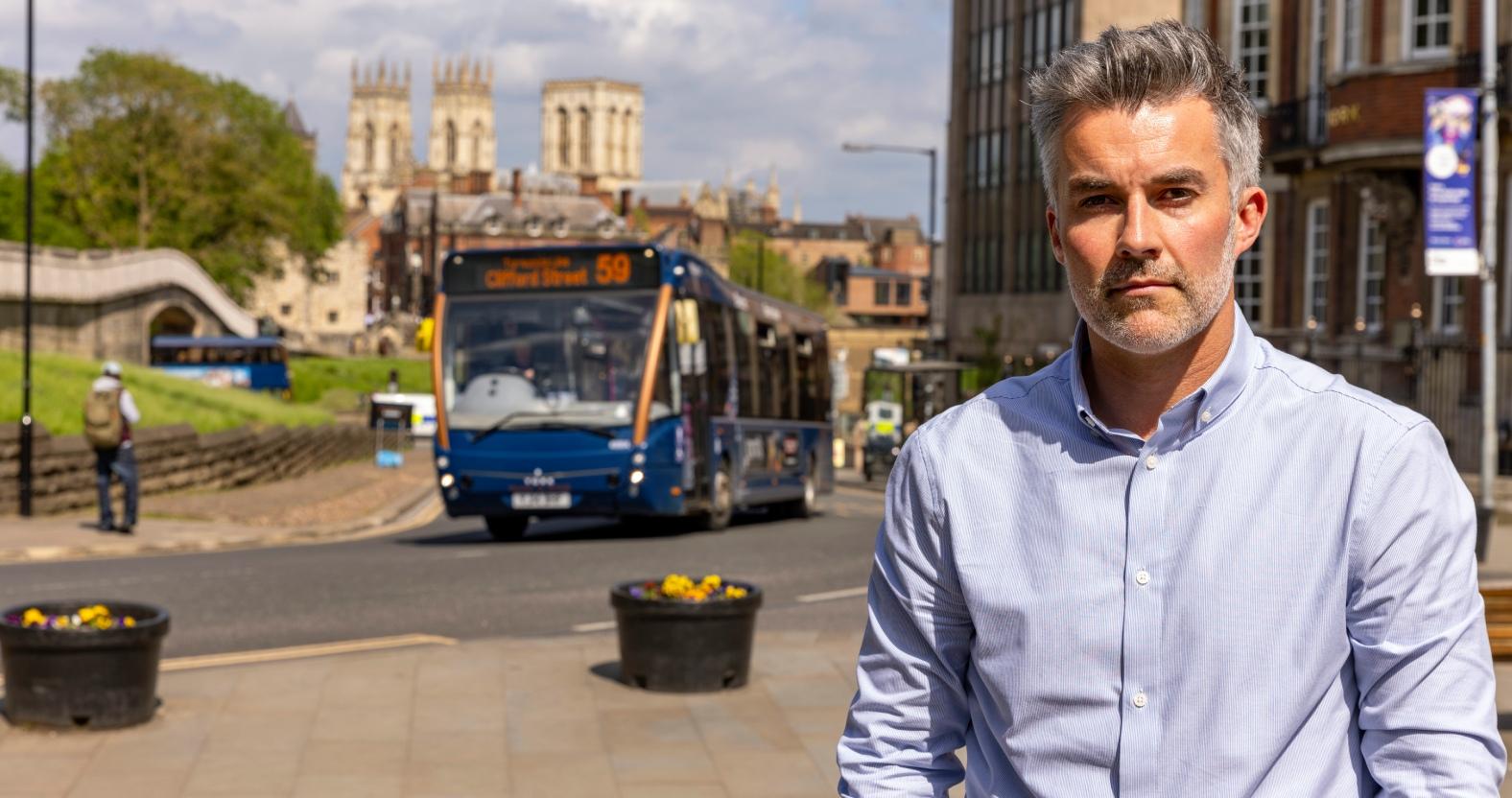Subscribe to trusted local news
In a time of both misinformation and too much information, quality journalism is more crucial than ever. By subscribing, you can help us get the story right.
- Subscription costs less than £1 a week with an annual plan.
Already a subscriber? Log in here.
20
Jul
Explained: Who controls public transport in North Yorkshire?

Who controls North Yorkshire’s public transport?
Following the upheaval of local government and the introduction of the first ever Mayor of York and North Yorkshire last year, the answer would have been Labour’s David Skaith.
But, for now, that is not the case.
Despite the power shift following York and North Yorkshire’s devolution agreement, the answer is different and full of caveats.
In this article, we explain what is going on with North Yorkshire’s public transport.
Who has power over public transport?
As part of the devolution agreement, powers over local transport which were originally held by North Yorkshire Council and City of York Council were transferred to the Mayor of York and North Yorkshire.
This included powers of over day-to-day transport functions such as bus operations and concessionary travel.
However, these were delegated back to the councils shortly after Mr Skaith took office.
This delegation was agreed until June 2025. Now, it will be extended to at least April 2026.
Why did the combined authority do this?
York and North Yorkshire Combined Authority delegated this power to the constituent authorities due to the size of its transport team. It retained powers over a local transport strategy.

Bus at Harrogate station.
Andy Kerr, the mayor's director of economy, told a combined authority board in June that this approach would "ensure the continuity of frontline delivery of bus services”.
It also means that any additional bus grants secured by Mr Skaith for the 2025/26 financial year have been allocated to City of York and North Yorkshire councils for areas such as enhanced services and new infrastructure.
The authority also wants to carry out a review of bus provision in York and North Yorkshire.
Why does it want to carry out a review?
The review aims to establish whether responsibility for day-to-day delivery of bus services should be moved to the combined authority.
It will cover critical issues including the effectiveness of current arrangements for passengers and funding sustainability, the ability of bus service delivery teams to align with the mayor’s priorities, and an assessment of workforce and resourcing requirements.
The move comes as the combined authority will also be one of the areas to pilot rural and urban bus franchising. The review will also cover the implications of the pilot.
Cllr Peter Kilbane, City of York councillor and deputy mayor on the combined authority, told a meeting of the combined authority board:
We really do need to crack on with this now if we're going be ready in time for April.
I think it is a big challenge but it is also a very positive time for the region being chosen to be one of the areas that's going to look at piloting rural and urban franchising, which I think is going to be even more complicated than bringing the buses under the combined authority.
What does all this mean?
For the next 12 months, day-to-day powers over bus services, such as concessionary fares, is in the hands of City of York Council and North Yorkshire Council.
However, in future, those functions may well return to the mayor — who may also have further enhanced powers over services.
0